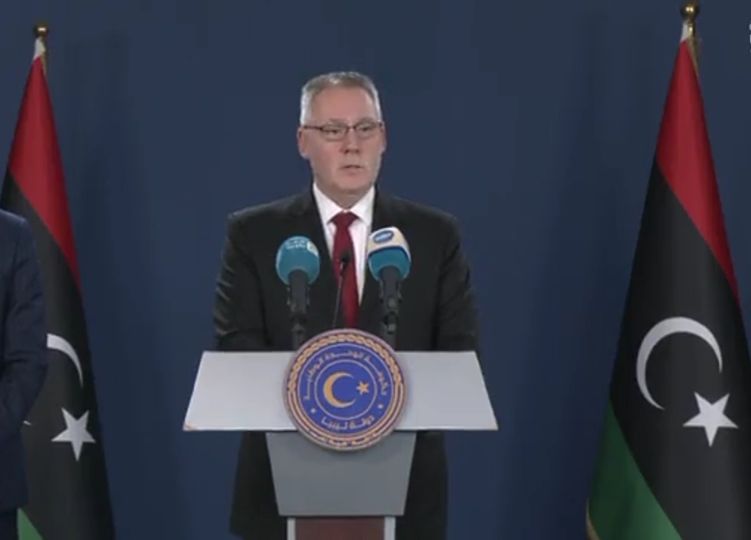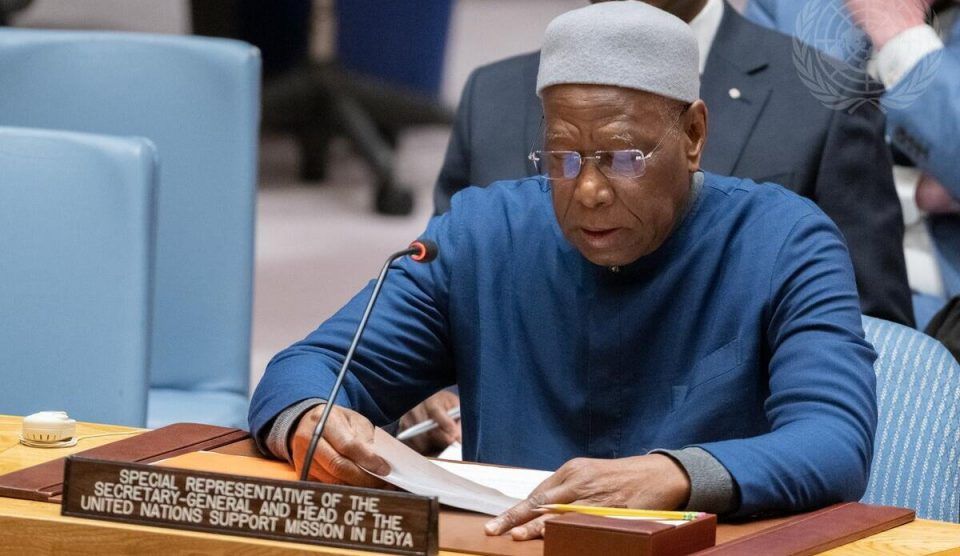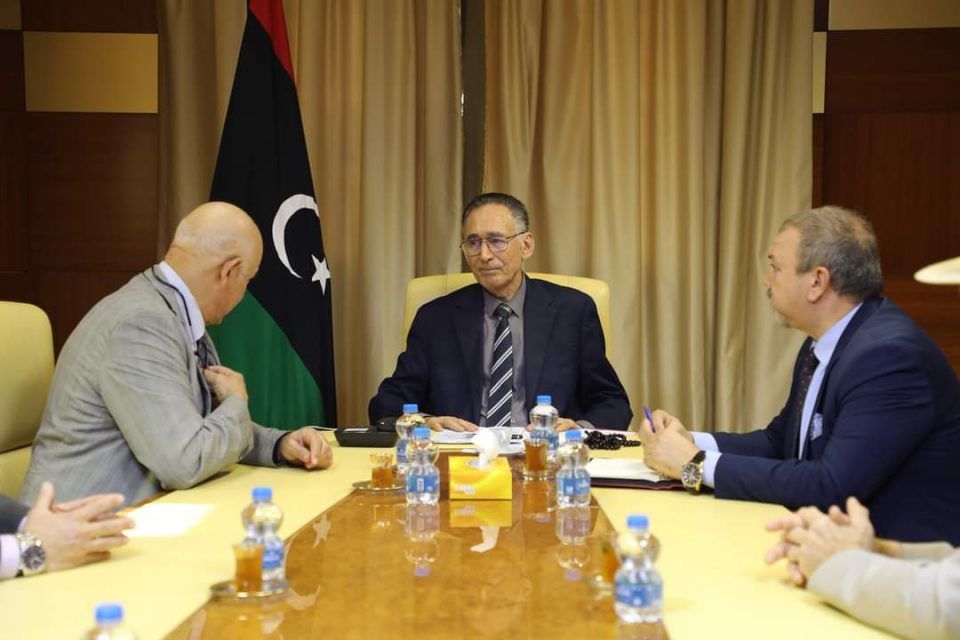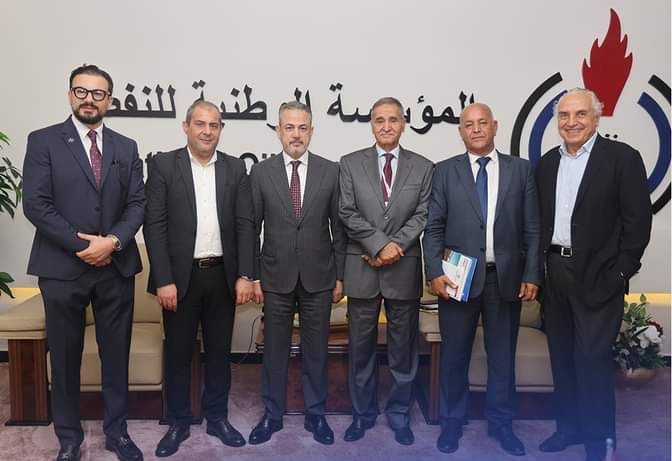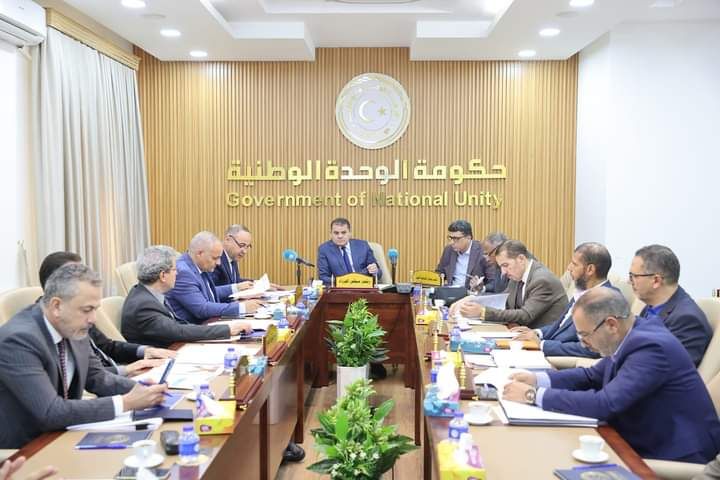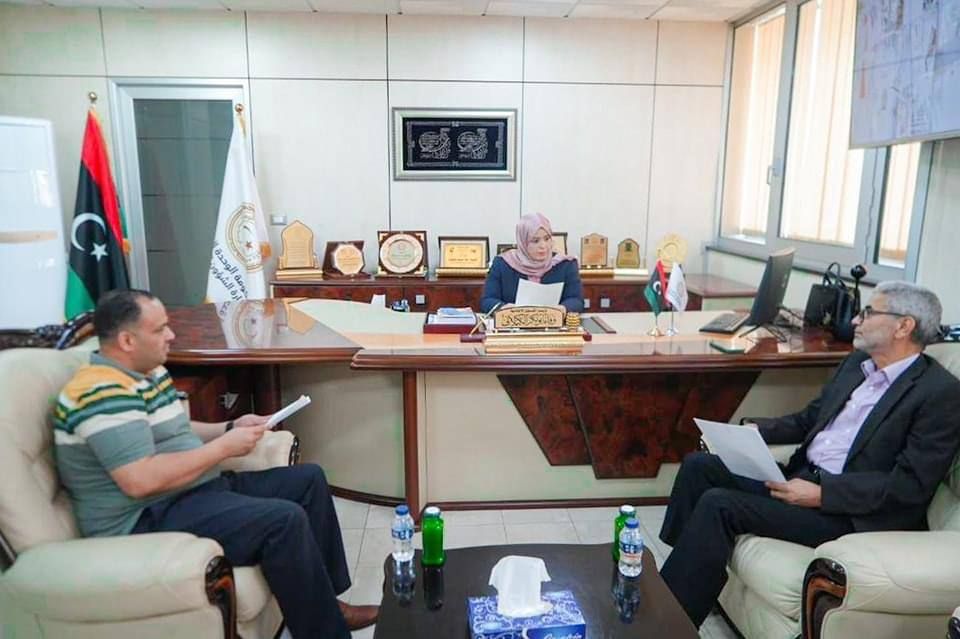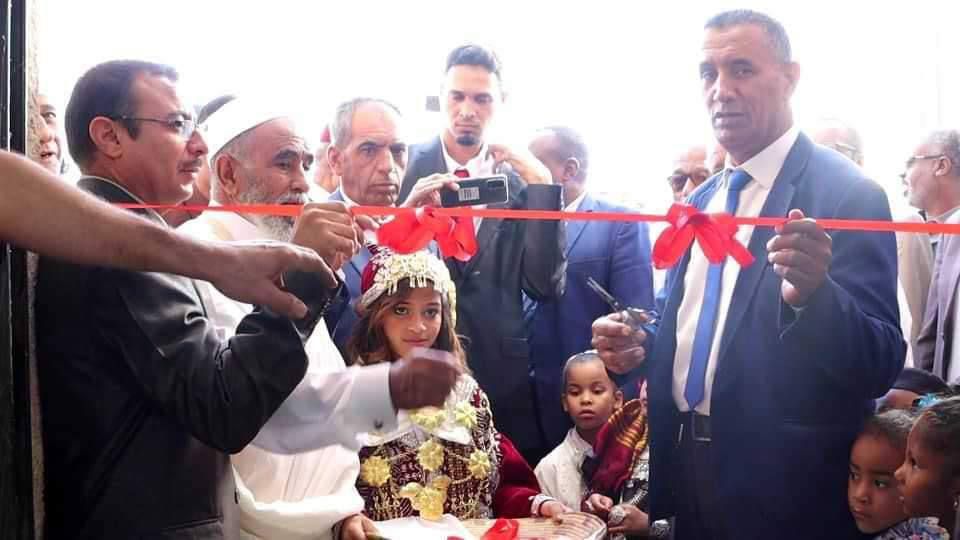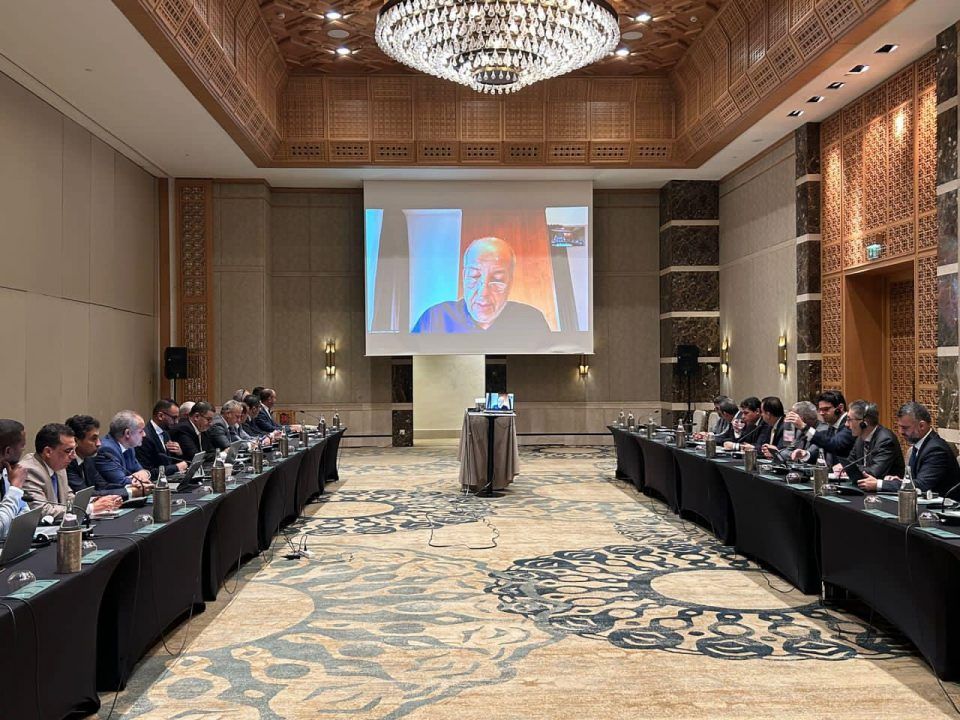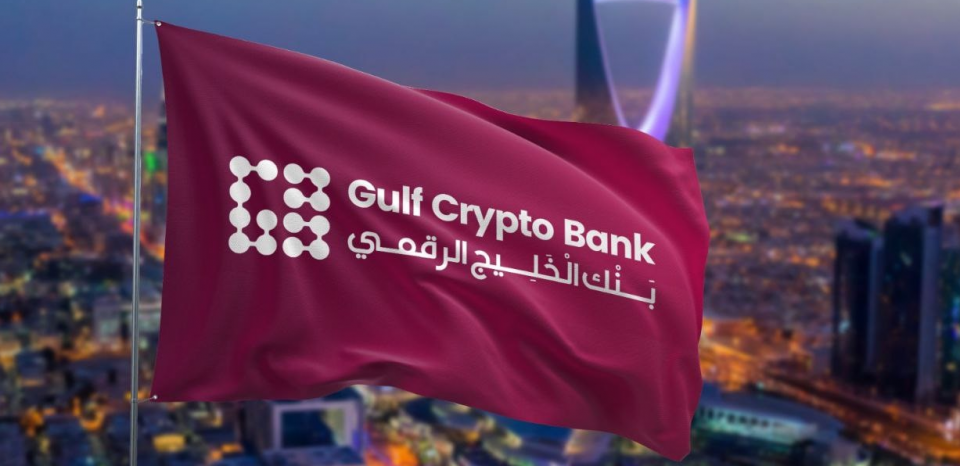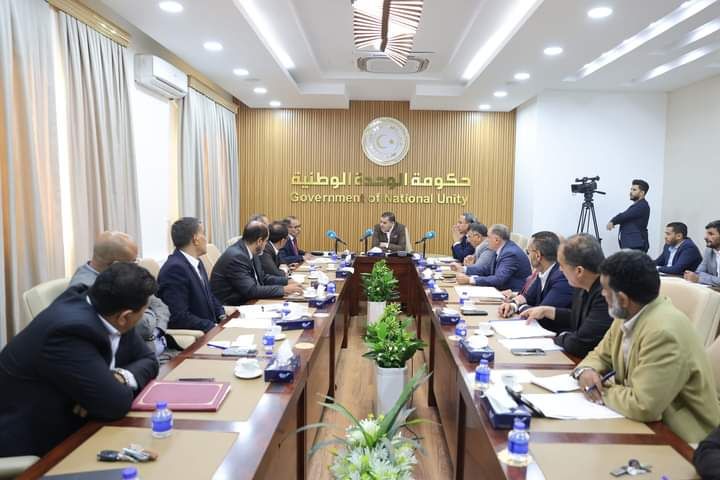Al-Dardari Announces Agreement with National Unity Government to Expand UN Development Program Activities in Libya
The Regional Director of the United Nations Development Program for the Arab States, Abdullah Al-Dardari, said that after holding a series of meetings with the Prime Minister of the National Unity Government and a number of government ministers, it was agreed to expand our activities in Libya at several levels.
Al-Dardari explained that the most important levels that were agreed upon are working to support the implementation of Libya’s Vision 2040 through the policy of economic diversification, developing the role of the private sector in the Libyan economy, and developing financing resources.
He added that it had also been agreed to cooperate with reconstruction funds, especially in Derna, in order to provide technical support to these funds so that they can carry out their work and spend money in a transparent manner and with the best governance methods and to help them implement some projects to ensure the transparency and speed of implementation of priority projects.
According to Al-Dardari’s statement, the United Nations Development Program has also agreed with the National Unity Government to work in Libya in the field of environment, climate, issues of concern to society, municipal development, and other activities that it has begun to work on, and the completion of these works will be expanded.
